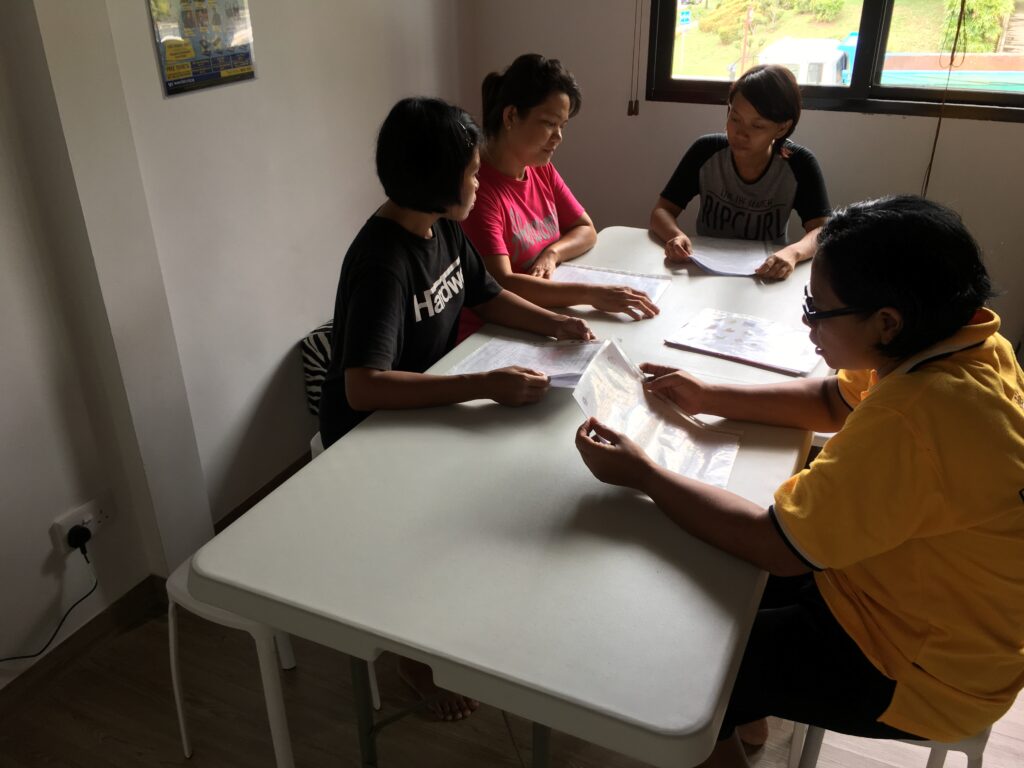Moonlighting among domestic helpers in Singapore is an ongoing issue, raising concerns for employers and authorities alike. Many maids seek additional income by working as part-time cleaners during their off days, but this practice is illegal under Singapore law. Beyond legal implications, moonlighting has significant drawbacks, including physical fatigue and strained employer-helper relationships.
In this blog, we’ll explore real-life cases of moonlighting maids in Singapore, the consequences they faced, and practical steps employers can take to prevent such incidents.
What Is Moonlighting, and Why Is It Illegal in Singapore?

Under Singapore’s Employment of Foreign Manpower Act, domestic helpers are strictly prohibited from working outside their primary employment. This includes taking on part-time jobs, such as cleaning, babysitting, or freelance work during their off days.
Employers are responsible for ensuring their helpers comply with these regulations. Failure to do so can lead to severe penalties, including fines, jail time, and deportation for the helper.
Real Cases of Maids Moonlighting in Singapore
- Helper Sentenced for Part-Time Cleaning Jobs
In one high-profile case, a helper was caught working as a part-time cleaner for several households on her off days. Though she managed to earn extra income for months, the authorities eventually discovered her activities. She was fined and jailed, and her employer was also penalized for failing to ensure compliance with the law. - Employer Penalized for Helper’s Illegal Activities
Another case involved an employer who was unaware their helper was moonlighting as a babysitter on Sundays. Despite the employer’s lack of knowledge, they were fined for failing to monitor the helper’s activities, while the helper was deported and banned from future employment in Singapore.
Drawbacks of Maids Moonlighting
While some helpers see moonlighting as a harmless way to earn extra money, the consequences can negatively impact both the helper and their employer:
- Physical and Mental Fatigue: Additional work can leave helpers exhausted, which may reduce their productivity and effectiveness in performing household duties.
- Health Risks: Overworking can lead to illness, affecting the helper’s well-being and potentially increasing medical costs for the employer.
- Strained Employer-Helper Relationships: Discovering a helper’s moonlighting activities can erode trust and create tension between employer and helper.
- Legal and Financial Consequences: Employers risk fines and a tarnished reputation, while helpers face deportation and bans on future employment.
How Employers Can Prevent Moonlighting
- Foster Open Communication
Build a relationship of trust with your helper and discuss the legalities surrounding their employment. Make it clear that moonlighting is illegal and can lead to serious consequences for both parties. - Offer Fair Compensation and Support
Ensure your helper feels adequately compensated and supported. Helpers may seek moonlighting opportunities out of financial need or boredom during their off days. Providing a fair salary and suggesting recreational activities can deter such behavior. - Educate on Legal Implications
Share information about Singapore’s labor laws and real-life cases of moonlighting incidents. Awareness can deter helpers from considering illegal side jobs. - Monitor Off-Day Activities Respectfully
While respecting your helper’s privacy, maintain open communication about their off-day plans. Encourage them to engage in lawful and enriching activities like community programs or enrichment courses.
A Win-Win Solution for Employers and Helpers
Rather than resorting to moonlighting, helpers can make the most of their off days by participating in productive and lawful activities. Employers can support their helpers by sharing resources and encouraging personal development opportunities.
Final Thoughts
Moonlighting maids in Singapore pose significant risks to employers and helpers alike. From legal penalties to physical exhaustion, the consequences are far-reaching. Employers play a vital role in creating a supportive environment that discourages illegal activities and ensures compliance with Singapore’s labor laws.
If you’re an employer looking for advice on managing your helper or hiring a domestic worker, contact EELIT Agency today. Let us help you build a harmonious and legally compliant home environment.

